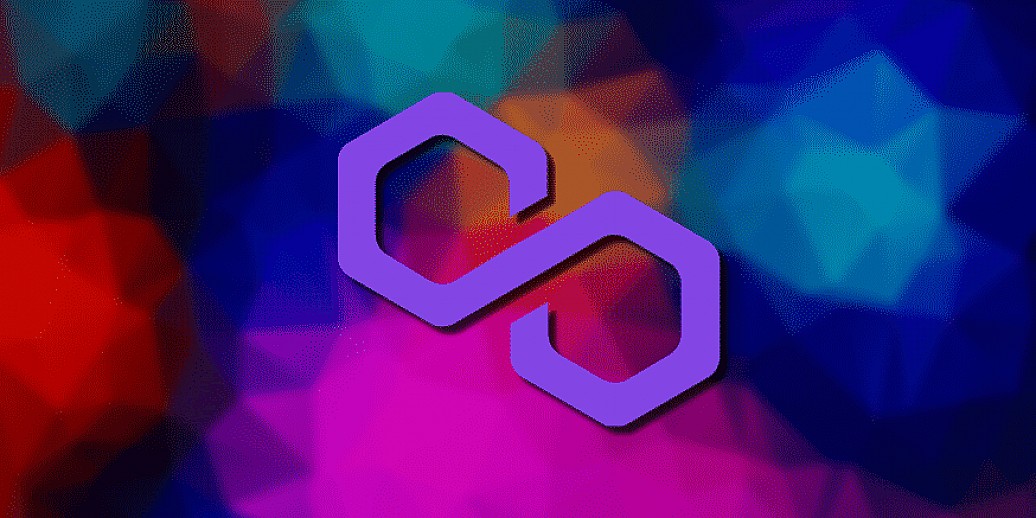Polygon Breaks from Decentralization as Sandeep Nailwal Assumes Full Control
11.06.2025 20:00 2 min. read Alexander Stefanov
Polygon is entering a new chapter, with co-founder Sandeep Nailwal assuming the role of CEO at the foundation that oversees its ecosystem.
This marks a clear departure from its previous decentralized governance model, as the project doubles down on streamlining leadership amid intensifying competition in the Ethereum layer-2 space.
Nailwal’s appointment signals a return to fast-paced execution. He emphasized that after a few years focused on research and institutional structuring, it’s time for Polygon to act boldly again. His first order of business: overhaul the foundation’s focus and accelerate the rollout of key infrastructure upgrades.
Among the most significant changes is the foundation’s renewed focus on AggLayer, an interoperability layer designed to link fragmented chains. A major upgrade, AggLayer v0.3, is expected by the end of the year.
Meanwhile, Polygon is preparing to retire its zkEVM chain by 2026, citing scaling issues that hindered its effectiveness. Instead, attention is shifting to the PoS chain, which is being transformed into a “GigaGAS” network capable of processing over 100,000 transactions per second. This upgrade is positioned to drive real-time payment capabilities and enable support for trillions in tokenized assets.
A major protocol enhancement, the Bhilai upgrade, is set to launch in July. It promises faster settlement, cheaper gas, and seamless integration with AggLayer—key for Polygon’s ambitions in enterprise adoption, where firms like JPMorgan and Stripe are already involved.
These bold moves come amid a wave of leadership changes. Nailwal steps in just weeks after fellow co-founder Mihailo Bjelic announced his exit from day-to-day operations. Two other early contributors, Jaynti Kanani and Anurag Arjun, also left over the past two years.
As Polygon revamps its foundation and refocuses its tech stack, Nailwal’s leadership may usher in a more centralized—but more agile—era for one of Ethereum’s most prominent scaling solutions.
-
1
Chainlink Partners With Westpac and Imperium to Tokenize Finance in Australia
17.07.2025 21:00 1 min. read -
2
Solana Plans 66% Block Upgrade to Boost Network Capacity
24.07.2025 20:40 2 min. read -
3
Vietnam Launches National Blockchain to Digitize Government and Citizen Services
25.07.2025 16:36 2 min. read -
4
Wall Street Moves Onchain: Tokenized Finance Enters its Breakout Era
25.07.2025 18:32 2 min. read -
5
Top 10 blockchains by transaction volume in June 2025
06.07.2025 16:00 2 min. read
Visa Settles $200M in Stablecoin Transactions, Eyes Long-term Potential
Visa reported over $200 million in stablecoin settlements during Q2 2025, a milestone in its growing commitment to digital asset infrastructure.
Bank of Korea Launches New Division to Oversee Crypto and Stablecoin Developments
The Bank of Korea (BOK) has taken a significant step toward deepening its involvement in the digital asset ecosystem by establishing a dedicated virtual asset division, according to a report from local media outlet News1.
JPMorgan: Coinbase Could Gain $60B From USDC-Circle Ecosystem
A new report from JPMorgan is shedding light on the staggering upside potential of Coinbase’s partnership with Circle and its deep exposure to the USDC stablecoin.
5 Major US Events and How They Can Shape Crypto Market in The Next Days
The week ahead is shaping up to be one of the most pivotal for global markets in months. With five major U.S. economic events scheduled between July 30 and August 1, volatility is almost guaranteed—and the crypto market is bracing for impact.
-
1
Chainlink Partners With Westpac and Imperium to Tokenize Finance in Australia
17.07.2025 21:00 1 min. read -
2
Solana Plans 66% Block Upgrade to Boost Network Capacity
24.07.2025 20:40 2 min. read -
3
Vietnam Launches National Blockchain to Digitize Government and Citizen Services
25.07.2025 16:36 2 min. read -
4
Wall Street Moves Onchain: Tokenized Finance Enters its Breakout Era
25.07.2025 18:32 2 min. read -
5
Top 10 blockchains by transaction volume in June 2025
06.07.2025 16:00 2 min. read


